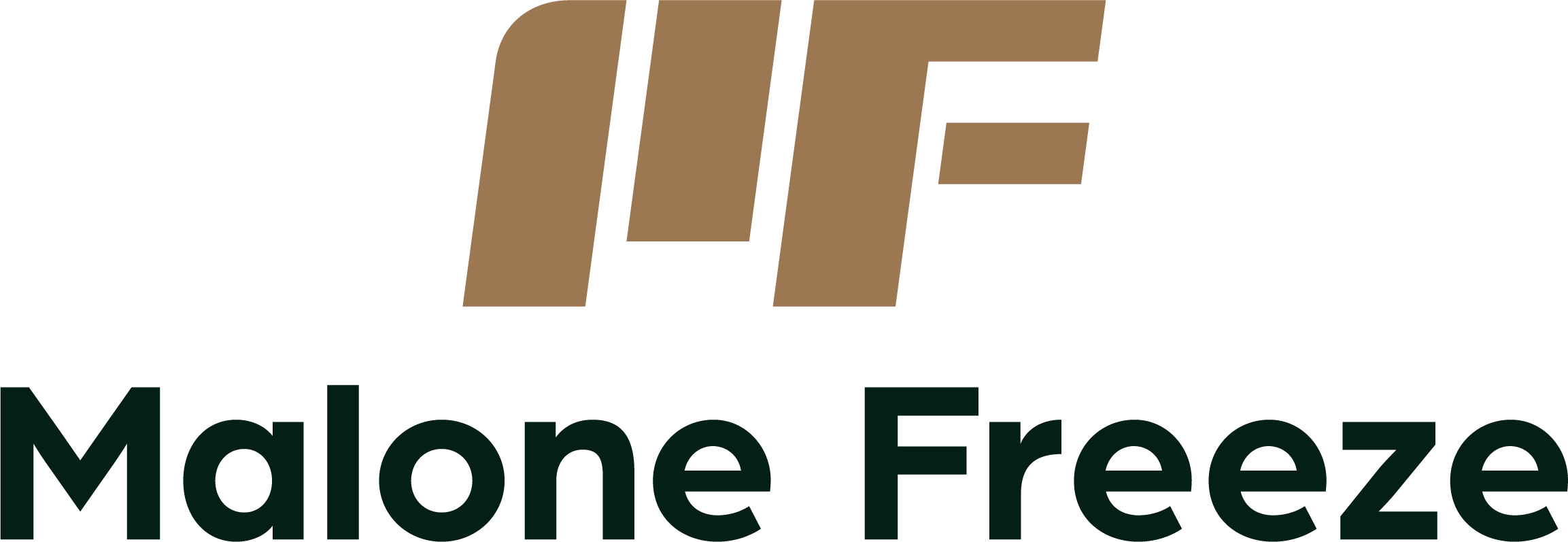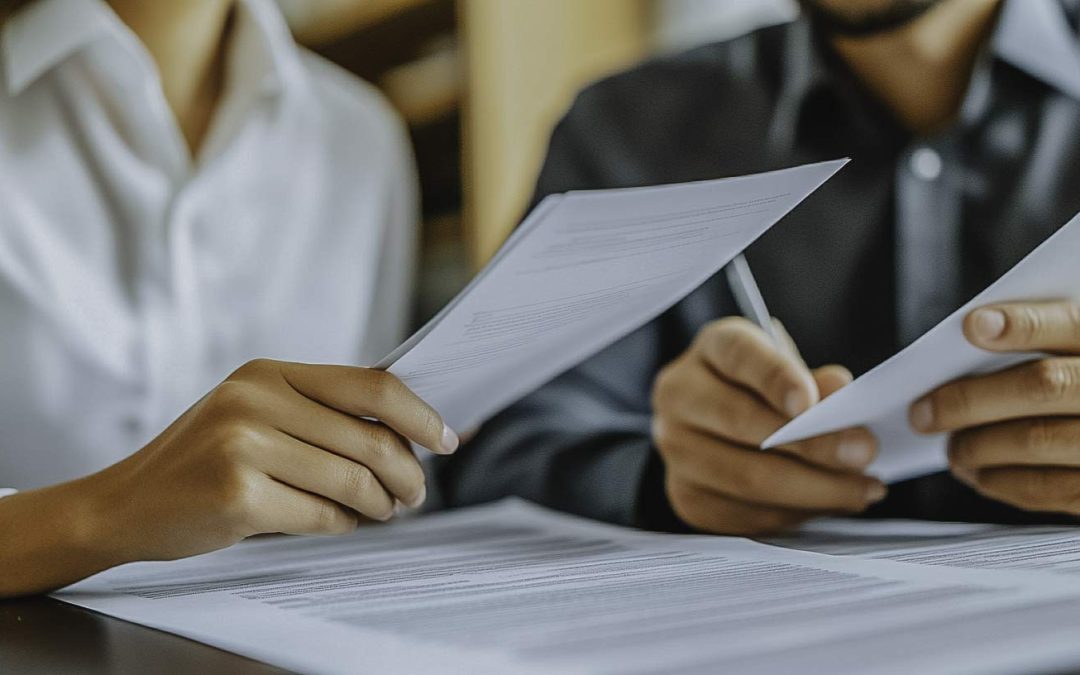When purchasing a property, the final price tag involves more than just the agreed-upon purchase price. As a buyer, you’ll need to budget for several additional costs that arise as part of the closing process. These include transfer tax, title insurance, legal fees, and various adjustments. Understanding these costs in advance will help you prepare financially and ensure a smooth closing. Below, we’ve outlined the key costs you can expect to incur when purchasing a property in Sussex, New Brunswick.
1. Core Closing Costs
Closing costs can add up quickly, so it’s important to understand each one and how it contributes to the total cost of your purchase.
- Transfer Tax: In New Brunswick, buyers are required to pay a transfer tax, which is 1% of either the purchase price or the assessed value of the property, whichever is higher. This tax must be paid by the buyer and is a non-negotiable part of closing costs.
- Document Registration Fees: Every legal document associated with your property purchase needs to be registered with the province. Each document costs $85 to register.
- If you’re purchasing with a mortgage, you’ll need to pay $85 to register the transfer and another $85 to register the mortgage.
- Title Insurance: If you’re getting a mortgage, lenders require you to purchase title insurance. This one-time cost protects you against any hidden issues with the property’s title, such as unknown legal claims or ownership disputes. The cost of title insurance can range from $500 to $1,000, depending on the nature of the property and the lender’s requirements.
- Legal Fees: Legal costs vary depending on the complexity of the transaction and the law firm you choose. A real estate lawyer will handle essential tasks such as title searches, preparing and registering documents, and ensuring the terms of the sale are met. Legal fees are typically quoted upfront but can vary depending on the property and any unique aspects of the transaction.
2. Adjustments: What They Mean and How They Affect Your Costs
In addition to the core closing costs, you’ll also need to account for certain adjustments, which are prorated costs between the buyer and the seller. These adjustments ensure that each party pays for the period during which they own the property. Here are the most common types of adjustments you’ll encounter:
Property Tax Adjustments
If you’re purchasing a property partway through the year, the seller may have already paid the annual property tax. As the buyer, you’ll be responsible for reimbursing the seller for the portion of the year after you take ownership.
For example:
If property taxes are $3,650 for the year and you take possession of the property on September 1, you’ll need to reimburse the seller for the remaining 122 days of the year. At $10 per day ($3,650 ÷ 365), that would mean a tax adjustment of $1,220 paid to the seller.
However, if you’re purchasing earlier in the year before the property tax has been paid, you may receive an adjustment in your favor. In New Brunswick, property taxes are generally due by May 31. If you take possession before the seller has paid the taxes, you may be responsible for paying the full amount. In this case, the seller will reimburse you for their portion of the time they owned the property before the sale.
For example:
If you purchase the property on March 1 and the annual taxes are $3,650, you would receive a credit for the 60 days that the seller owned the property, which amounts to $600 ($10 per day for 60 days). This credit will offset the amount you pay at closing, but you will need to pay the whole year’s property taxes on or before May 31.
If you have questions or need clarification, please contact your Real Estate Lawyer.
Utility Adjustments
Other common adjustments include utilities such as water, sewer, and heating:
- Water and Sewer: If the seller has prepaid for water or sewer services, you’ll need to reimburse them for the portion of time after you take ownership.
- Propane or Oil Heating: If the property uses propane or oil for heating, the seller will typically be reimbursed for a full tank of fuel. The adjustment is based on the current market price of the fuel.
3. Pulling It All Together
When you add it all up, closing a real estate deal involves more than just the purchase price. You’ll need to budget for transfer tax, document registration, legal fees, and any adjustments for property taxes and utilities. These costs can vary based on the property and the timing of your purchase, but having a clear understanding of what’s involved will help you plan accordingly.
By preparing for these closing costs and adjustments, you’ll avoid surprises at the last minute and ensure a smoother transaction. When you’re ready to move forward with your property purchase in Sussex, NB, working with an experienced real estate lawyer will help guide you through each step of the process.
The information provided here is for general informational purposes only and does not constitute legal advice. Every individual’s situation is unique, and the laws governing wills, estates, and property may change over time or differ based on specific circumstances. We recommend consulting with a qualified lawyer to discuss your particular situation before making any legal decisions.


